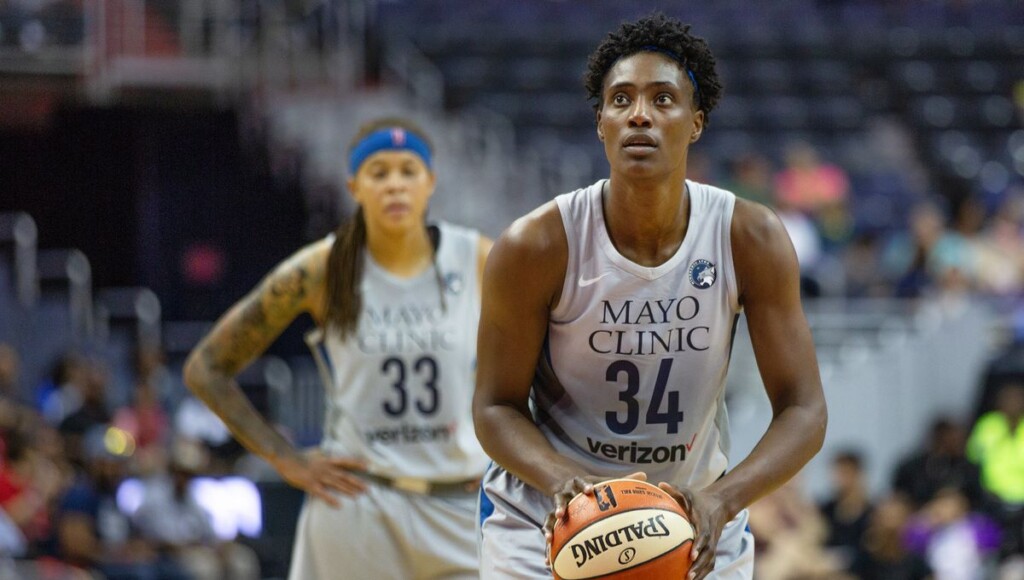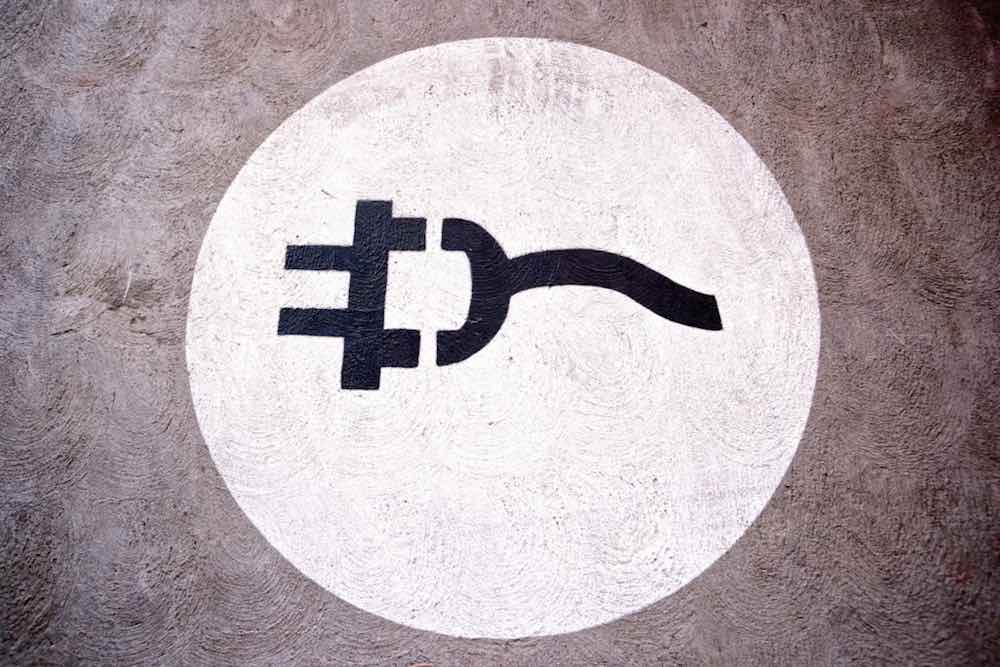
In difficult situations, physical touch like a hug or a pat on the back can reduce stress; so much so that researchers from the University of Basel have found it can statistically improve free throw points in collegiate basketball.
The research demonstrates just how sensitive humans are to physical touch, and how marriage and family therapist Virginia Satir’s famous quote “we need four hugs a day for survival, eight hugs a day for maintenance, twelve hugs a day for growth,” is spot on.
One of the most stressful situations during any basketball game is a free throw, which happens when a player is fouled while attempting to score. Unlike in soccer where anyone can take a penalty kick, in basketball, it is only the fouled player who gets the free throw.
They can win one point per successful shot, and typically get 2 per foul. Games are decided by free throws.
Of the 10 most successful NCAA teams (based on win percentage) since 2001, only one (Michigan State) shot fewer free throws than the median of 20.6 per game. Estimates of the number of games decided by free throws during a single season range from four to as many as one-half of all games according to published research.
Evidently then, whatever can improve free throw completion can only be a good thing for a team.
A team of researchers headed by Christiane Büttner at Basel’s Faculty of Psychology investigated this phenomenon, with their results appearing in the journal Psychology of Sport & Exercise.
MORE POSITIVE PSYCHOLOGY: How Self-Compassion Can Help People Achieve Weight Loss Goals Despite Setbacks–and Resume Dieting Faster
Büttner and her colleagues at the University of Landau and Purdue University studied the situation using videos of basketball games. The study included a total of 60 games played by women’s basketball teams and 835 incidents of two free throws.
The researchers counted how many of her four teammates touched the shooter before a shot, for example by tapping her on the shoulder or squeezing her hand. They then calculated whether there was a statistical association between the number of touches by teammates and the success rate of the subsequent shot.
The data showed that the chance of scoring rose when teammates showed their support through touch. The effect only appeared after a failed first shot, which makes sense because such a scenario is likely to spike stress levels.
“So support from teammates is most helpful when your stress level is already high because you’ve missed the first of the two shots,” Büttner says in summary.
OTHER NEWS LIKE THIS: Participating in Group Sports Can Offset High Stress and Contribute to Academic Competence During Challenges
It’s conceivable that a pat on the back or squeeze of the hand could also help manage stress and improve performance in other team situations, says the psychologist.
Stress management is key in sports such as golf, tennis, and racing events since the onus is entirely on the single athlete. In basketball, soccer, and other team sports, certain game mechanics put aside the collective responsibility for brief moments in which it’s all put on the shoulders of a single player.
These situations offer an exceptional insight into how high-functioning athletes deal with stress, and it’s interesting to note that even for such supremely confidant members of society—professional athletes—a physical touch of encouragement and support can make all the difference.
SHARE This Tremendous Insight Into Human Sports Psychology…




















